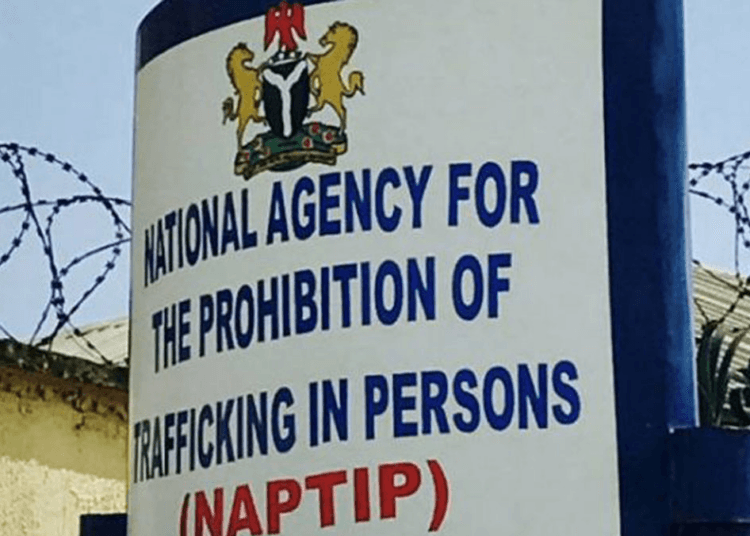Abuja, Nigeria — The National Agency for the Prohibition of Trafficking in Persons (NAPTIP) has vowed to intensify efforts in dismantling trafficking networks across Nigeria, declaring a more difficult time ahead for human traffickers.
The pledge was made by Binta Adamu Bello, Director-General of NAPTIP, during a press briefing in Abuja to flag off activities marking the 2025 World Day Against Trafficking in Persons.
According to Bello, NAPTIP will scale up coordination, surveillance, and enforcement strategies to combat evolving trafficking patterns, particularly those driven through digital platforms.
“It will be very challenging for human traffickers in the country from now,” she stated, affirming that NAPTIP will deepen collaboration with state and non-state actors to detect and report trafficking incidents nationwide.
She also disclosed that the agency has fortified its cybercrime squad and linked it with the joint case team under the Federal Ministry of Justice to tackle the growing trend of online exploitation.
Highlighting the complexity of modern trafficking methods, Bello cited fake job and scholarship offers, loan scams, sextortion, revenge porn, organ harvesting, and baby factories as tools traffickers now employ to lure victims—many of whom are vulnerable youths across Nigeria and West Africa.
Despite these challenges, Bello expressed optimism, noting that the agency’s five-point strategy—prevention, protection, policy, partnership, and prosecution—is yielding positive outcomes. She reaffirmed NAPTIP’s commitment to expanding awareness campaigns, rescuing and rehabilitating victims, and prosecuting offenders in collaboration with both local and international partners.
Mr. Cheikh Toure, Country Representative of the United Nations Office on Drugs and Crime (UNODC), reiterated the agency’s solidarity with Nigeria, stressing that human trafficking is an organized, transnational crime requiring coordinated action.
“This year’s theme, ‘Human Trafficking is Organised Crime: End the Exploitation,’ underscores the need to confront criminal networks that exploit the vulnerable,” Toure said.
He called for grassroots empowerment, urging stakeholders to engage traditional leaders and community networks, especially in underserved regions where trafficking thrives.
Also speaking at the event, Esther Michael Sawa, representative of the Office of the United Nations High Commissioner for Human Rights (OHCHR), emphasized the value of the agency’s partnership with NAPTIP—one rooted in accountability and a mutual vision to protect every individual from exploitation.
By Makinde oyinkansola| July 24, 2025
Discover more from DnewsInfo
Subscribe to get the latest posts sent to your email.





